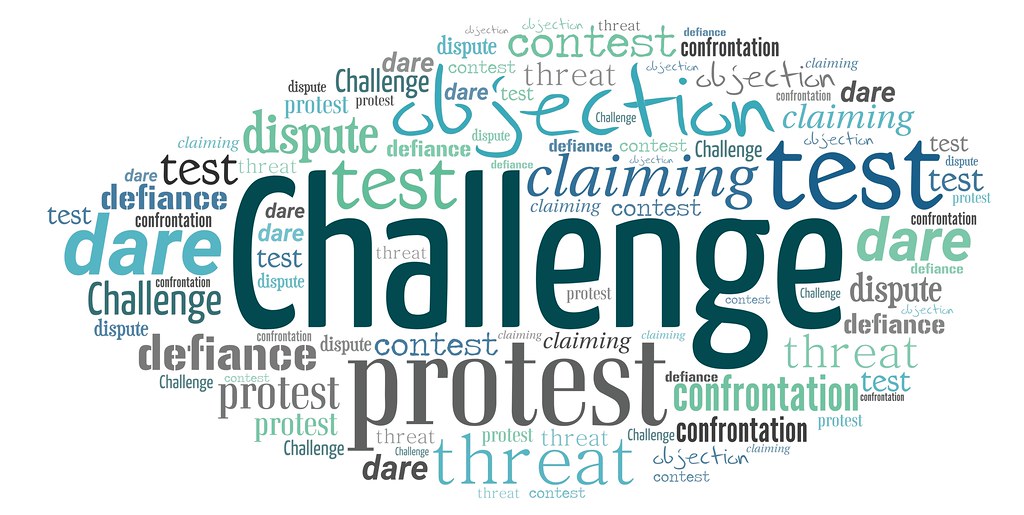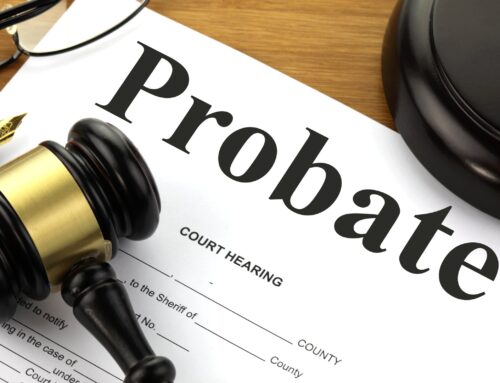In the intricate dance of legality that ensues after a loved one’s passing, the validity of their will is a crucial puzzle piece to be scrutinized during probate. The process of determining the authenticity and legitimacy of a will involves a careful examination of various factors, each playing a vital role in ensuring that the deceased’s final wishes are carried out according to their intentions. Join us on a journey through the labyrinthine world of probate law as we explore how the validity of a will is meticulously assessed and verified.
Understanding the legal requirements for creating a valid will
When a will is submitted for probate, the court will determine its validity based on specific legal requirements. One of the key factors in determining the validity of a will is whether the testator had the mental capacity to understand the implications of creating a will. This means that the testator must have been of sound mind at the time of creating and signing the will.
Another important legal requirement for a valid will is that it must be signed by the testator in the presence of witnesses. In most jurisdictions, at least two witnesses must be present when the testator signs the will, and they must also sign the document to attest to the fact that the testator appeared to be of sound mind and was not under any undue influence. Additionally, the will must clearly express the testator’s wishes regarding the distribution of their assets and property after their death.

Importance of clear language and details in the will document
When it comes to determining the validity of a will during probate, one crucial aspect that cannot be overlooked is the importance of clear language and details in the document. A will that is vague or ambiguous can lead to disputes among beneficiaries and may even result in the will being contested in court. Therefore, it is essential to ensure that the language used in the will is precise and leaves no room for interpretation.
One way to achieve this is by including specific details and instructions in the will. Be sure to clearly outline who will inherit what assets, how debts and taxes will be paid, and any other important provisions. Additionally, it is advisable to seek legal advice when drafting a will to ensure that it complies with all legal requirements and is not vulnerable to challenge. By taking the time to carefully word your will and include all necessary details, you can help avoid potential conflicts and ensure that your final wishes are carried out as intended.

Challenges to the validity of a will and how to address them
When a will is submitted for probate, there can be challenges to its validity that may arise. These challenges can come from various parties who may have an interest in the estate, such as disgruntled family members or creditors. One common challenge is the allegation that the testator was not of sound mind when the will was created. This can invalidate the entire will if proven in court.
Another challenge to the validity of a will is the allegation of undue influence. This occurs when the testator was coerced or manipulated into creating a will that does not accurately reflect their wishes. To address these challenges, it is crucial to have proper documentation and evidence supporting the validity of the will. It may also be helpful to involve legal professionals who specialize in probate law to ensure that the will is upheld in court.

Seeking legal advice and guidance during the probate process
During the probate process, one of the crucial steps is determining the validity of the will left behind by the deceased individual. This involves a thorough examination of the document to ensure that it meets all legal requirements. The following factors are typically considered when assessing the validity of a will:
- Capacity: The testator must have been of sound mind when creating the will.
- Presence of Witnesses: Most jurisdictions require the will to be signed in the presence of witnesses who can attest to its authenticity.
- Signatures: The will must be signed by the testator and witnesses in accordance with legal guidelines.
It is essential to seek legal advice and guidance during this process to ensure that the will is valid and can be implemented as per the deceased individual’s wishes. An experienced probate attorney can provide valuable assistance in navigating the complex legal requirements and resolving any disputes that may arise.
In conclusion, understanding how the validity of a will is determined during probate is essential to ensuring that the final wishes of the deceased are carried out as intended. By examining key factors such as the testator’s mental capacity, proper execution of the will, and any potential challenges to its validity, the probate process can proceed smoothly and efficiently. Ultimately, the goal is to uphold the integrity of the deceased’s intentions and wishes, providing closure and peace of mind to all those involved in the estate administration. With careful consideration and attention to detail, the validity of a will can be fairly determined, bringing clarity and resolution to the probate proceedings.




